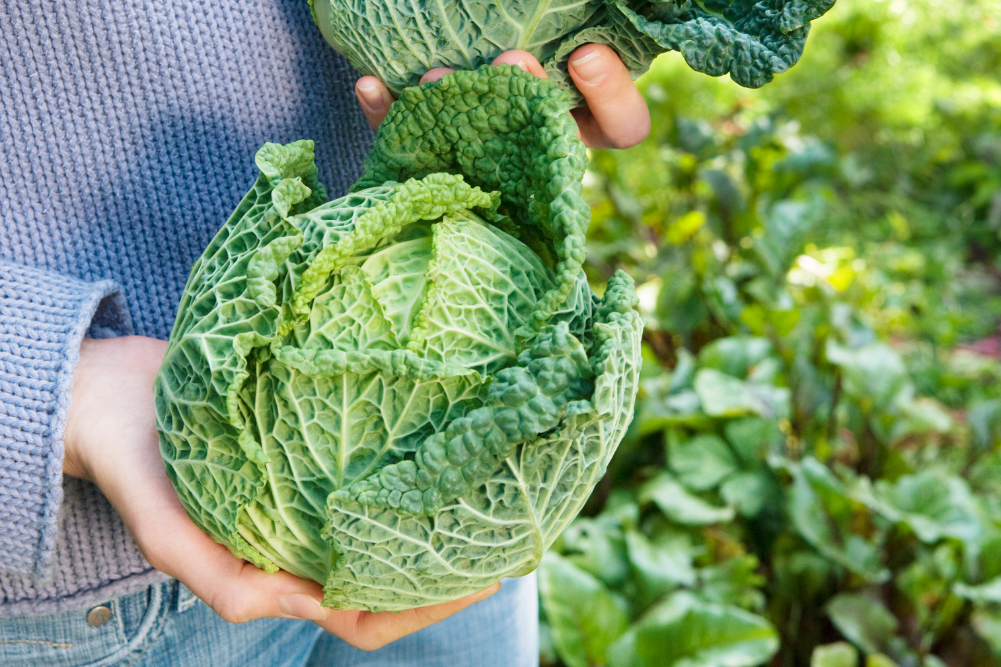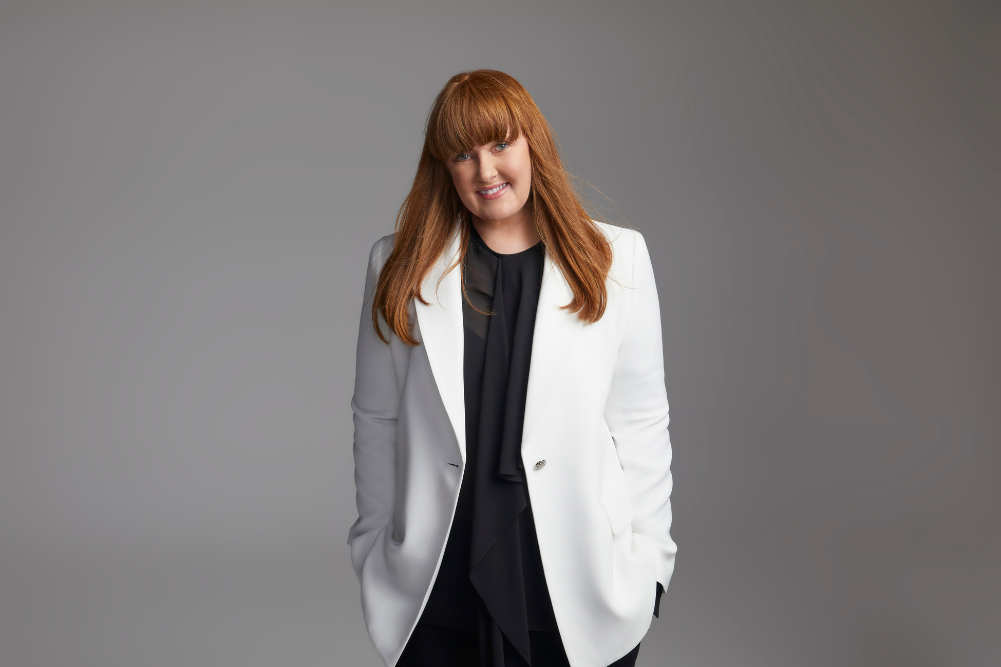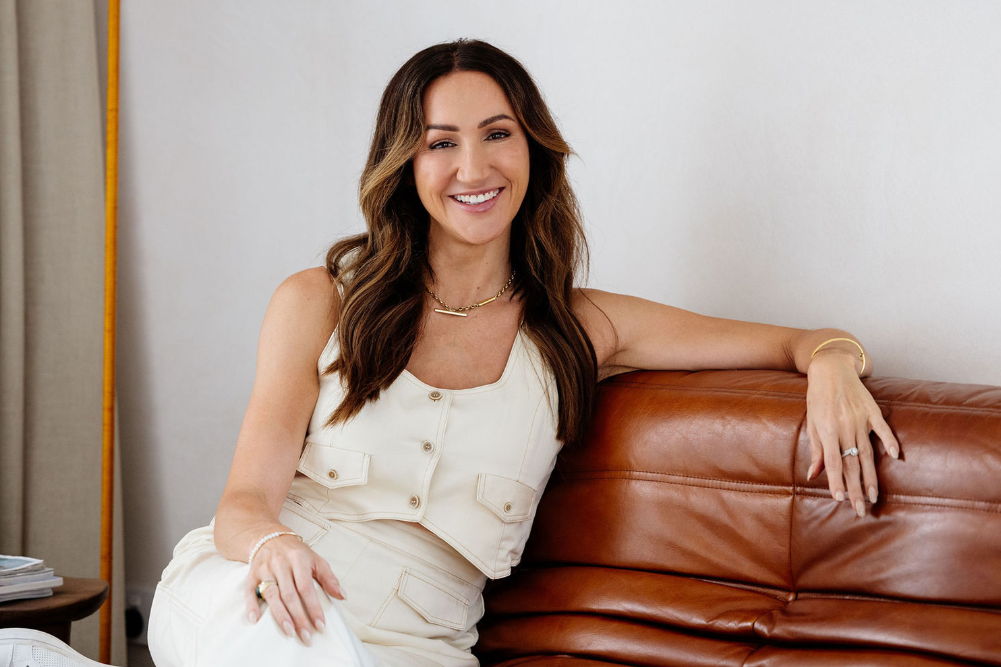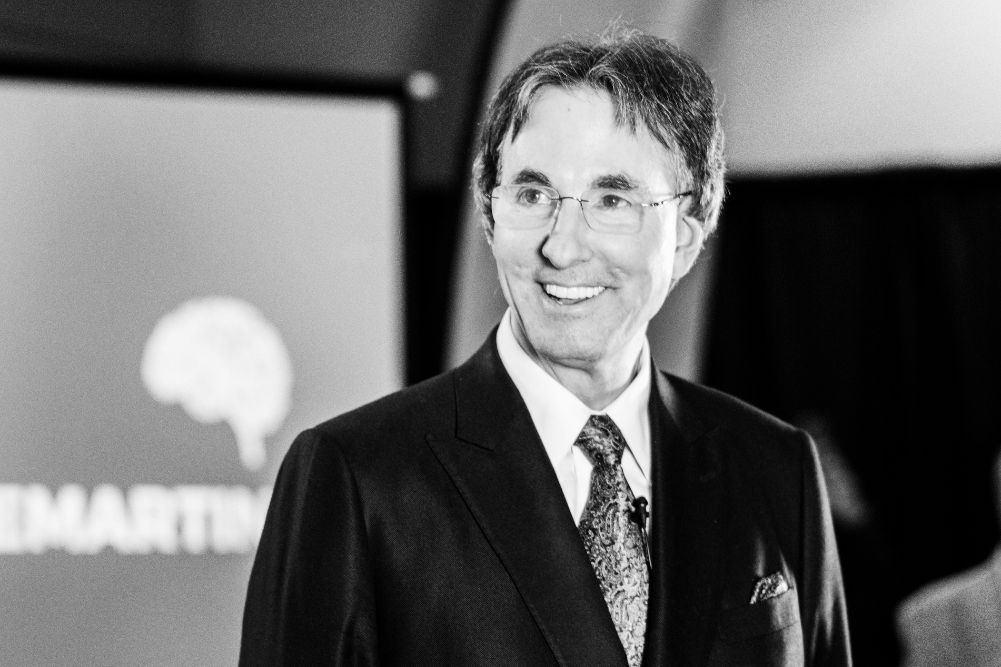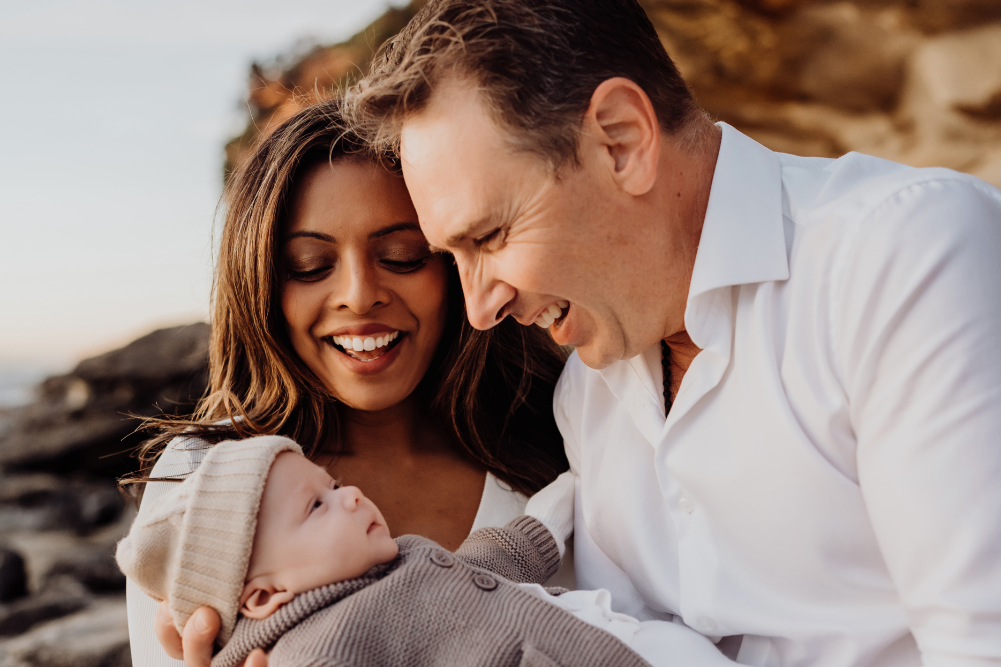Harnessing power for good with Aminata Conteh-Biger
When Aminata Conteh-Biger speaks, people listen. It has taken some time and much soul-searching to find her voice, but now the Sierra Leone refugee, war survivor, storyteller and advocate is telling her story.
Aminata Conteh-Biger grew up surrounded by the mountains and red dust of Freetown in Sierra Leone. She remembers the smell of the dust after the rain, baking bread in the morning and her father’s favourite leather chair in their family home. It was a comfortable life, one full of love and security.
Conteh-Biger was raised by her father. She describes him as a generous, humble man and one of the biggest influences on her life: “He wanted to treat every single person equally, but he was firm. And he was gentle and vulnerable. All of that in one person; we were very blessed to have that sort of example.”
Her father was foundational in making Conteh-Bger who she is and shaping how she sees the world. “What he really left me, that I’ve always carried, is the value of human beings, not the value of material things,” she says. He taught her integrity and belief in herself, but above all a respect for human life.
“He really wanted us to know that at the end of the day, you speak to the beggar in the street in the same tone as you speak to the man in the mansion. So, for me, I love you but I respect you first. That’s the key: you respect people first, before you’re capable of loving them,” she says.
View this post on Instagram
Finding light in the darkness
In 1999, when Conteh-Biger was just 18, the civil war that had been raging for eight years arrived in Freetown. From her window she could see her neighbour’s homes burning and people slaughtered on the streets.
The Revolutionary United Front reached her door and snatched Conteh-Biger from her father’s arms. The rebels were infamous for targeting civilians — maiming and raping non-combatants and recruiting child soldiers. Conteh-Biger knew, as all young women did, what her fate would be once she was enslaved.
It was the start of several dark and terrifying months for Conteh-Biger, where one rebel in particular became obsessed with her. Throughout her time in captivity, Conteh-Biger held on to her faith in God. “My faith is a personal, intimate relationship with God,” she says. “When I was kidnapped, I saw so much evil, all I could see was full of evil. That [the parables] was the only place I could see goodness.”
Rebuilding a life far from home
After several months of captivity, Conteh-Biger found herself in a group of children being exchanged for food and medical supplies during a brief ceasefire. The high-stakes trade was televised across the country and marked the start of the transition towards peace, which was finally reached in 2002, after 11 years of war and an estimated 50,000 deaths.
Terrified her obsessive captor might come after her, Conteh-Biger left her beloved father and the red dust of Sierra Leone and flew to Australia to start afresh as a refugee in a land she knew nothing about.
Still in her teens, and without her parents, Conteh-Biger’s new home in Western Sydney was far from her picture-perfect childhood. The trauma of war and the sexual abuse persisted. But it was also where she proudly built a new life, finding support in a spiritual community and church, and set about on the path towards baptism.
“In a baptism you renew in your mind, your spirit, your body, your soul,” she says. “And for me, it was much deeper than that. I knew something had been taken away from me. I was going to be a brand new person, almost like I was never touched.”
There were many instances over the years when Conteh-Biger had to pick herself back up. But her resilience and faith was her saving grace. “The only way I can describe resilience is like this: God created a bird to fly. That was the purpose, that was the intention for a bird to fly. Now, if a bird’s feathers are plucked away, the bird is still going to try to fly. For me that’s resilience; no matter what is going on I should not stop just because I’m going through trials or challenges,” she says. “I look at myself as a bird, as somebody who’s been placed on this planet to do something good. And despite what is happening, I will continue to do that.”
The power of forgiveness
Conteh-Biger’s fierce inner strength and resilience allowed her to move forward, but it is her extraordinary power to forgive that has granted her permission to do so with happiness. “Forgiveness is liberation of yourself. It’s almost a selfish act,” she says. “You are giving permission to yourself to leave and to be free of that situation, or that person. I’m not saying it’s OK what you did to me, but it has been done, you can’t go in and undo it. Now I have a choice.”
Despite her pain, it is Conteh-Biger’s ability to forgive, no doubt born from her father’s foundation of love, that has meant she has never allowed her trauma to define her.
“I don’t really hold grudges. I will practise and I’ll pray for me to release you, and wish you well. And boy, it is sweet. It is really good. Because you see people leaving and you’re genuinely happy for them.”
Finding her voice
For years after arriving in Australia, Conteh-Biger did not speak about what had happened to her during the civil war. People in Sierra Leone didn’t speak out about the trauma of war and certainly not about rape and the shame that engulfs it.
“They know that the world didn’t care about what happened. We’re not given the infrastructure that countries like Rwanda have had and the acknowledgement,” she says. “When one knows that there is no one coming, you keep moving forward. Nobody talks about it, because if it didn’t matter, why should I talk about it? People have become so numb to it, they see it every single day of their life. People have had their hands amputated, and it’s so normal.”
It took a long time to find her voice, but with time Conteh-Biger started to see the power in telling her story and the good it could do in her home country. It takes unthinkable courage to speak the truth, especially around the gritty, taboo topics of rape and war. She started talking at events for the UN High Commissioner for Refugees, but never mentioned her rape, too afraid to reveal the unpolished, uncomfortable version of her story.
Some years later, Conteh-Biger was approached by director Ros Horin who wanted to make a play about Australian-African refugee women: their experiences, their culture and their lives. The other women came from Eritrea, Kenya and Guinea. The resulting play, The Baulkham Hills African Ladies Troupe, was raw; it was a celebration of survival but one that didn’t shy away from the experience of rape. The play went from the Riverside Theatre, to the Sydney Opera House, all the way to London’s Southbank Centre.
“It was very important, the way we talked about what happened to us,” says Conteh-Biger. “We wanted the whole story. We wanted to bring the fun, the culture, the laughter, the tears, everything, which is what we have in our community.”
Finally, Conteh-Biger felt she could speak her whole truth, one that she narrates in her 2020 memoir Rising Heart, which begins with her idyllic childhood, covers her darkest days during the civil war and journeys through the life she has made for herself in Australia with her husband and two children. It wasn’t an easy book to write, she says, but finding her voice and sharing her story has meant everything to Conteh-Biger.
“It gives me joy that my work and my storytelling has impacted people,” she says. “Being a storyteller is a powerful thing. Because I am able to be vulnerable and true, somebody else can be true to themselves. I have found a lot of healing in it. I find every day I do this, I’m able to do more.”
Making real change
From the day her mother brought her home, Conteh-Biger’s grandfather called her Bahteh Guineh, or “powerful woman” in the Susu language. The words that filled her ears as a child manifested as real action in adulthood. Following the example of her father’s generous spirit, Conteh-Biger believed she was destined for a life of helping others. “To have people in your life who speak words of affirmation around you, even without understanding it, you end up being it,” she says.
A near-death experience during the birth of her daughter, Sarafina, proved to be a pivotal point for Conteh-Biger. It turned her attention back home, where women are 200 times more likely to die in childbirth than in Australia. “I had to go through a traumatic experience of bringing a life into this world but almost losing my life. I started hearing the word ‘maternal health’. And I didn’t know this word, so I googled it.”
She says she started to see the horrific state of maternal health in Sierra Leone and decided to do something about it. So she founded the Aminata Maternal Foundation, gaining support through telling her story.
The foundation teamed up with the Aberdeen Women’s Centre in Sierra Leone, a maternal health centre that provides training for midwives, maternal support for teen mums and operations for women suffering from obstetric fistula.
In 2017, Conteh-Biger visited Sierra Leone to see the impact of the foundation’s work. There she met Zainab, a woman with an obstetric fistula. Zainab had been in labour for three days while her village tried to raise money to get petrol for a scooter to take her to the hospital. It was in that time that the fistula formed.
Like many women who suffer from an obstetric fistula, Zainab suffered from incontinence and her village had ostracised her. Her own children refused to eat the food she had prepared. “The moment I went in, I could feel Zainab’s brokenness,” says Conteh-Biger. “There was something that was so broken about this woman that I recognised right away. She was crying; it wasn’t a cry of pain, her tears were just dripping softly in the most gentle way.”
Conteh-Biger witnessed the operation, and two days later she was walking through the hospital when she heard someone call out her name. “The person was smiling, I didn’t recognise it was her and I came close. She just said, ‘Aminata, it’s me, Zainab!’ I was part of one woman’s life. I was given the possibility to contribute. She didn’t want anything. She just wanted to say Hi.”
It still astounds Conteh-Biger that women are suffering in this way around the world. It’s a 45-minute operation that costs $1500 and changes a woman’s life. Retelling the story, Conteh-Biger is moved to tears. She says the day that Zainab’s story does not move her is the day she will step down from the foundation. “It’s really sad that we’re not able to reach out to all these women in the world because it’s preventable, it’s curable, it should not happen.”
View this post on Instagram
She will not walk alone
In Rising Heart, Conteh-Biger ends her story with a big dream: to build a hospital for women in Sierra Leone. It’s been hard work to get this far, work that has required many hands, and she knows she needs many more to make this particular dream come true.
These days, her dream of the hospital has evolved. Conteh-Biger is planning to build medical hubs in villages and she dreams of a proper maternal health school where midwives can be trained in their hundreds. But she needs doctors, professionals and donations.
Conteh-Biger says it takes little to sustain a community, to make real change: “I’m urging every single person to contact me. Let’s do this because I can’t do it alone. I’ve put it out there, all the information, but together we can do it.”

